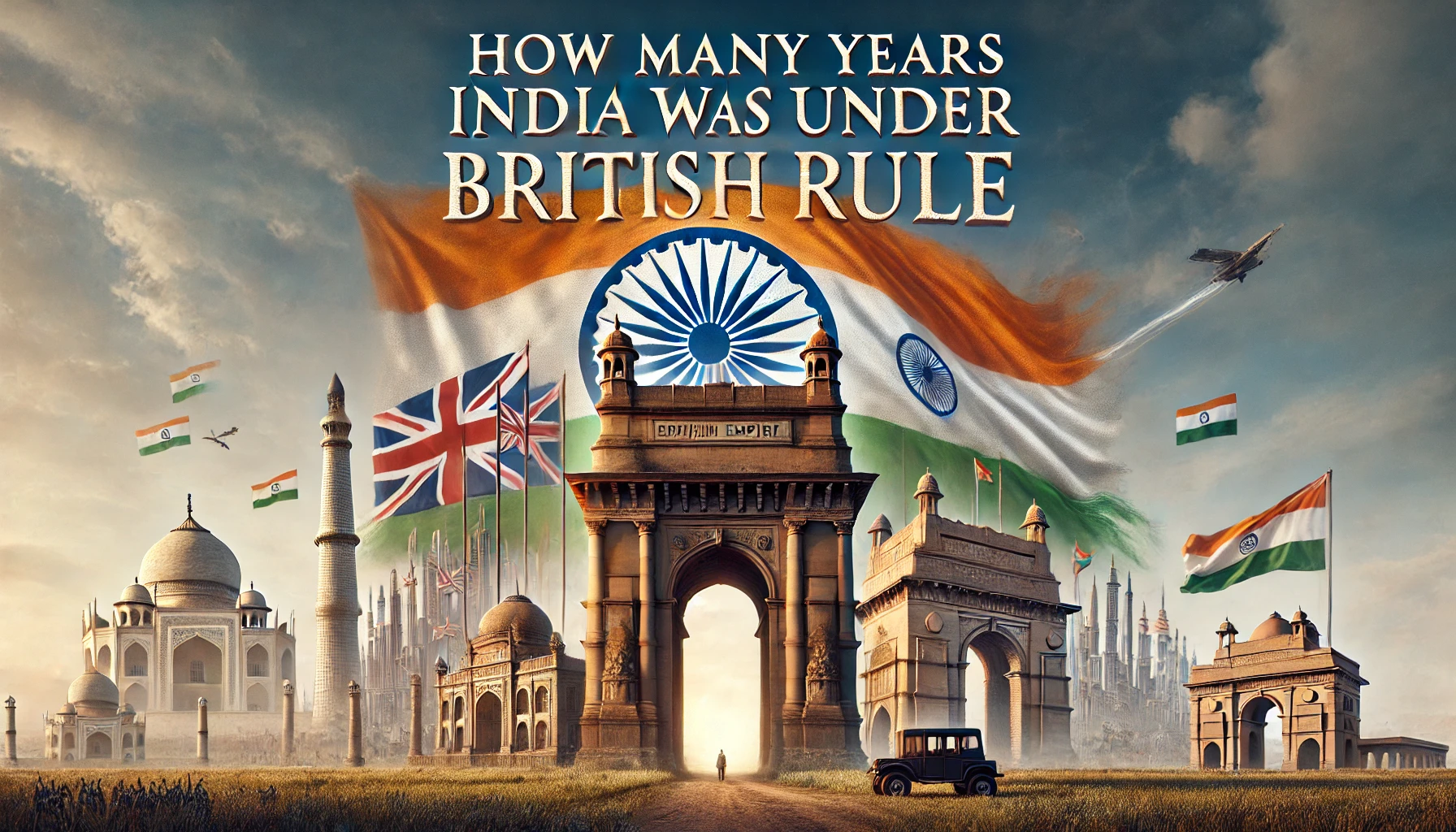Table Of Content
India’s journey under British control spanned nearly 200 years, beginning with the Battle of Plassey in 1757 and concluding with the country’s independence in 1947. The timeline of British rule in India can be divided into two distinct phases: the rule of the British East India Company and the direct governance by the British Crown.
The East India Company: The Early Phase (1757-1858)
The British East India Company established its foothold in India in the early 17th century, but its true power was solidified after its victory at the Battle of Plassey in 1757. This victory marked the beginning of British dominance over India, with the Company controlling large swathes of territory and wielding significant influence over local rulers. Over the next century, the Company expanded its control through a combination of military force, treaties, and alliances, leading to the gradual annexation of Indian states.
The period under the East India Company was characterized by exploitation and significant changes in India’s economic and social structures. The Company focused on extracting resources and profits, often at the expense of the local population. This era saw the introduction of Western education, legal systems, and the beginning of infrastructural development, including the construction of roads and railways, albeit primarily to serve British interests.
Direct British Rule: The Crown Takes Over (1858-1947)
In 1858, following the Indian Rebellion of 1857, the British government dissolved the East India Company’s rule and assumed direct control over India, marking the beginning of the British Raj. This period, often referred to as the “Raj,” lasted until India’s independence in 1947. During this time, the British implemented a centralized form of governance, introduced administrative reforms, and further expanded infrastructure. However, these developments were coupled with policies that favored British economic interests, leading to widespread poverty, famines, and cultural suppression in India.
The British employed a policy of “divide and rule” to maintain control, exacerbating religious and social divisions that have had lasting impacts on the subcontinent. Despite some positive contributions, such as the introduction of modern education and legal systems, the overall impact of British rule on India was deeply negative, particularly in terms of economic exploitation and cultural erosion.
The struggle for independence, led by figures like Mahatma Gandhi, Jawaharlal Nehru, and Subhas Chandra Bose, gained momentum in the early 20th century. After decades of resistance and the weakening of the British Empire during World War II, India finally gained independence on August 15, 1947.

